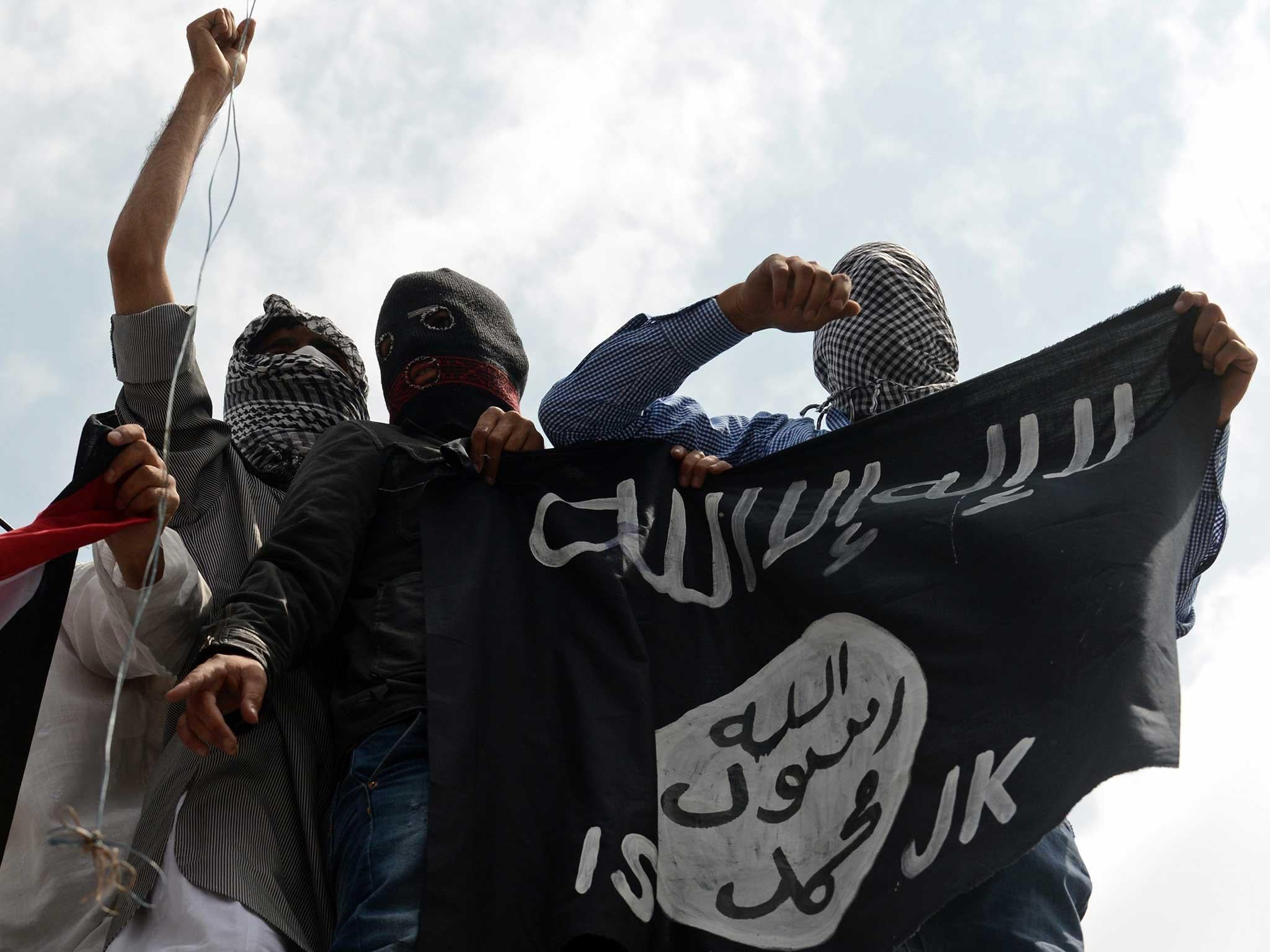I work with young British girls and refugees - and Isis propaganda fiercely targets both
From online videos with high production values to articles circulated around the internet – including the widely-read ‘Message to my sisters’ in their propaganda magazine Dabiq – this group has been savvy in its use of cyber propaganda

Since their declaration of a so-called caliphate last year, Isis (or Daesh – an Arabic word which is widely used in the Middle East and which many fellow Muslims prefer to use, as it ridicules the group rather than lending it any legitimacy in Islam) have sought to warp interpretations of my religion.
As a Muslim woman growing up in Leicester, I was always proud to be part of a religion that empowers women and treats others with compassion, mercy and equality. The Prophet Mohammed (PBUHP) strived to stop heinous crimes of female infanticide and sexual slavery. He also worked towards the abolishment of slavery in the Hejaz region – now Saudi Arabia.
Under the so-called ‘Islamic State’, however, people live in fear ruled by terror, there is no fair or consistent justice, and abuses occur daily. The issue that has touched me the most is the sexual exploitation, rape and murder of Yazidi girls, and other minorities.
Having worked extensively with victims of sex trafficking in India, I thought I would be well equipped to support a group of Yazidi girls that suffered sexual exploitation at the hands of Daesh. In reality, however, nothing could have prepared me for the experience.
Take Munira, who at 16 years old is the same age as my own niece. Munira was 15 when Daesh fighters snatched her from her family. “They separated me from my baby sisters, who were only five months and four, and my eight-year-old brother,” she told me. “I was so scared, I wanted to die.”
Munira was initially given to an elderly Daesh soldier, a 60-year-old man called Abu Mohammed who kept her imprisoned. “However hard I screamed, yelled and cried there was no one to help us," she explained. "When he raped me he told me, ‘You are slaves, you are our slaves of war’.”
During the months that followed, Munira was passed between several different men and raped repeatedly. “I was in captivity for three months and 20 days. I used to think I would rather be dead than living through this,” she told me, before detailing how she escaped after jumping out of a second floor window.
While Munira was reunited with her parents in a refugee camp, her younger sisters remain under Daesh captivity. The fact that they are children is seen as unimportant by the group that imprisons them as the spoils of war. So why do some young girls voluntarily choose to travel to their heartlands?
It’s true – and incredibly distressing – that a significant minority of young people have been influenced by slick messages left by Isis on social media. From online videos with high production values to articles circulated around the internet – including the widely-read ‘Message to my sisters’ in their propaganda magazine Dabiq – this group has been savvy in its use of cyber propaganda. The discrepancy between the messages about renewed dignity and respect for women in this material, and the reality of what I heard from girls who had managed to escape from Isis, is stark. That’s what has prompted me to begin running classes in refugee camps, where people are vulnerable to propaganda, as well as here in the UK, deconstructing the manipulative Isis methods with those at risk. These classes are run by British Muslims.
Any attempt to fight radicalisation has to begin with simple awareness. It’s this awareness which I hope to work on: awareness of the techniques Isis use, awareness that they are a terror group with an agenda rather than a valiant group of ideologues, and awareness that sex slavery and other un-Islamic acts are commonplace in their society. Three Yazidi survivors and myself now travel the UK in an effort to spread that message, alongside our wider cohort of Muslim speakers.
Daesh is not Islam as I or millions of other Muslims understand it. To quote a Qur’anic teaching; “People are your brethren in faith, or equals in humanity.” In spite of these teachings, Daesh militants show no humanity in their treatment of those who fall outside of their warped ideology. Knowledge is our greatest weapon, and access to the truth about what it’s like being a woman under Isis should be at the forefront of our efforts to stop young girls travelling to Syria in the mistaken belief that they are joining a ‘sisterhood’. It may be too late for some, but it's the perfect time to act for so many others.
Learn more about the Open Your Eyes campaign to challenge Isis' propaganda here

Join our commenting forum
Join thought-provoking conversations, follow other Independent readers and see their replies